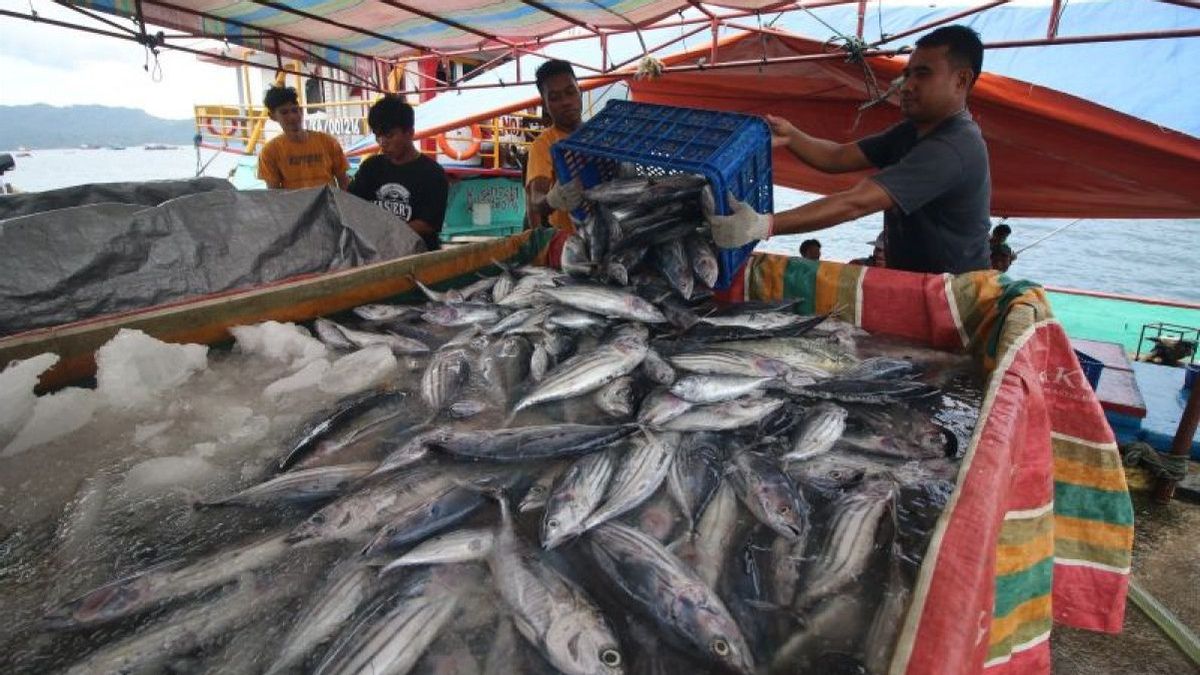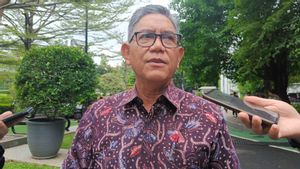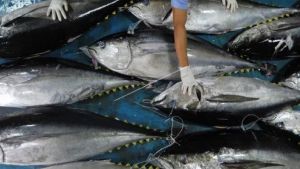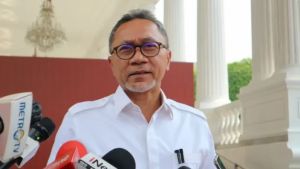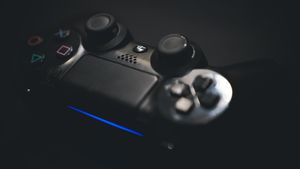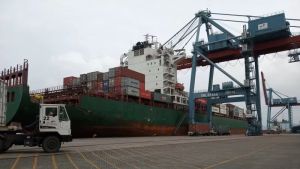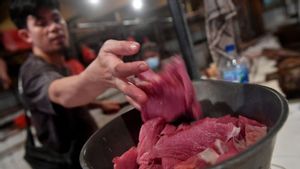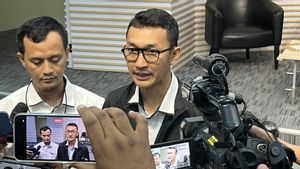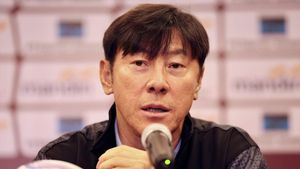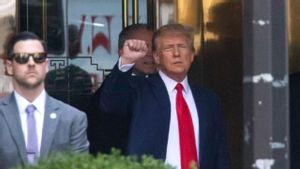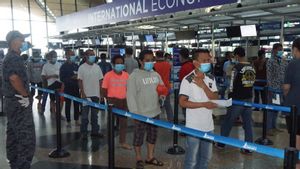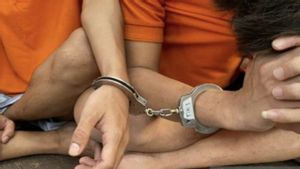JAKARTA - The Ministry of Maritime Affairs and Fisheries (KKP) claims that the implementation of a measurable fishing policy (PIT) has succeeded in recording exports of 18 tons to China.
In addition to exports, the policy has also made two deliveries to the domestic market, namely 17 tons of deho fish and 36.6 tons of kite and deho fish.
"Yesterday there were deliveries from the Port of Pangkalan (PP) Tual three times and once directly to China for catch products in Arafura," said Director of Fishing Vessels and Fishing Equipment Mochamad Idnillah at a press conference for the performance of KKP Semester I in Jakarta, Friday, July 26.
Mochamad admits that currently there are still not many vessels that have produced fish.
According to him, this is due to the bad weather in the Arafura Sea at this time.
He said, only 10 of the 187 experimental vessels managed to dock at two PIT modeling ports, namely PP Tual owned by PT Samudera Indonesia Sejahtera (PT SIS) and PP Benjina owned by PT Industri Perikanan Arafura (PT IPA).
"This is because there is still something missing (fish catching) because there is one ship that has only been on one ship for two months, only 10 tons. From the existing operational costs, it has not allowed entry (to collapse)", he said.
According to him, the PIT policy will continue to be evaluated. Mochamad said the evaluation not only prioritized fishing quantity, but also related to improving downstream quality related to products, distribution. Including, improving the quality of the crew.
Currently, said Mochamad, several activities are being carried out.
For example, ship crew certification, improvement of ship crew competence to and provision of facilities for the convenience of crew members (ABK)
"So, at the two ports it will be provided for the benefit of the crew, starting from messes and health facilities (faskes). This is for their convenience," he concluded.
SEE ALSO:
For your information, there are five blue economy programs that have been launched by the KKP, including expansion of marine conservation areas, implementation of measurable fishing policies (PIT), sustainable development of power farming on coastal, land and sea, supervision and control of coastal utilization and small islands as well as handling plastic waste in the sea through the fishermen's participation movement.
The implementation of these five blue economy programs is to ensure ecological sustainability while at the same time encouraging economic growth in the community and increasing state income.
The English, Chinese, Japanese, Arabic, and French versions are automatically generated by the AI. So there may still be inaccuracies in translating, please always see Indonesian as our main language. (system supported by DigitalSiber.id)
